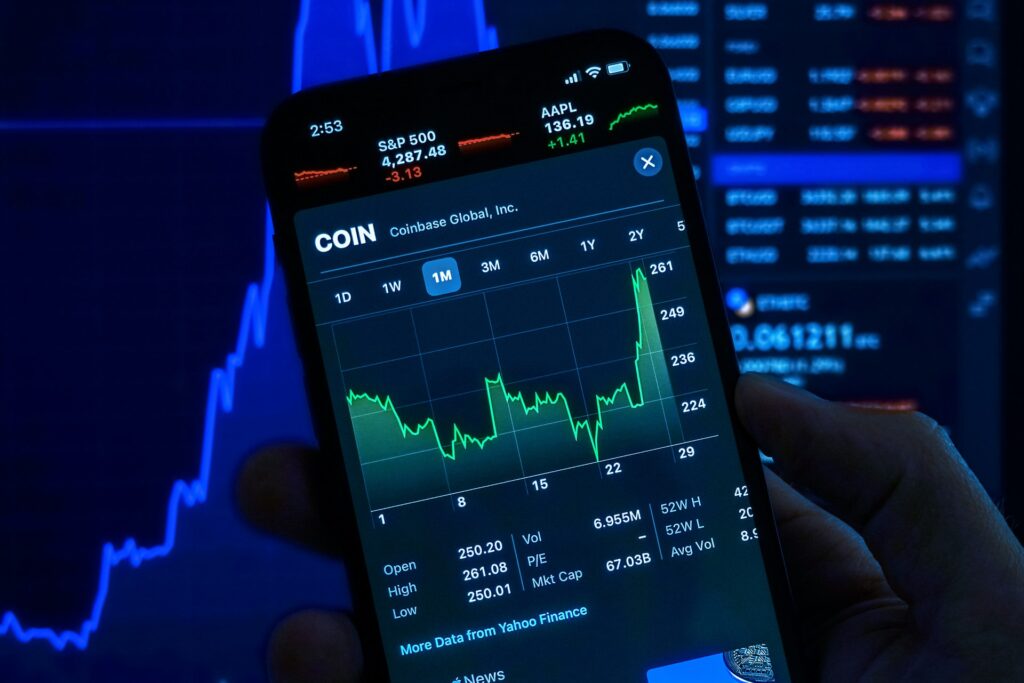Out With the Old and In With the New Ways in Trading

Traders have been on one of these stages at one point or another. A new trader who does not know anything but so much wanted to be part of the exciting world of stocks or CFD trading; or a newbie who has learned the ways of being a trader (can be by using an eToro demo trading account or attending a trading webinar from XM) but does not have the gumption to launch a lucrative career in price speculation. Some have also been in the throes of financial success where they know how to make money along the way. Some knows trading like the back of their hands and are just dabbling for fun, not because they need the money but they take pleasure in it, AND that they have plenty tucked away for safekeeping.
Psychology as an Essential Part of Trading
Every business guru has emphasized this enough: treading the financial road is a long journey, albeit a rewarding one. There are lessons that need to be learned the hard way if one is just starting out. However, avant-garde it may sound, trading psychology is one feature that every trader needs to master. It presents an opportunity to bring in more gains, giving you the confidence to make effective working decisions.
It used to be that trading psychology can only be observed in planning a trade. But now that traders are more involved and has the means to be part of the action, there was a shift into the process itself. The use of different tools has made it possible to experience executing a trade firsthand. Suddenly, a business exchange can be made at home, with brokers mediating through online platforms. Traders are more inclined to watch out for possible scenarios where they could practice their very own strategies or apply risk management steps. A balancing act ensues, with the mental and logical plan of each business-minded person taking a central role.
Stuck in the Old Ways
The financial terrain of this industry is certainly more complicated than others would have thought. Traders need to resist the temptation of giving in to an impulsive trade, or must deploy a pecuniary eye if eyeing on profits the whole time. It’s the best moment to adapt to the changing times and survive in the cut-throat environment of the new economic stage.
Here are some of the old realities you may still be stuck on that definitely needs changing.
- There’s a Holy Grail for Buying and Selling.
Newbies have long believed that there is some magical method of trading to watch out for. And since no one has laid eyes on it, it is virtually non-existent. No matter how long like-minded individuals search for it, it cannot be found. Hence, so much time will be wasted if you are continually looking for it.
How to be an informed trader?
Successful businessmen will tell you that a large portion of their time went into reading, mastering the kind of financial instrument they are involved in. It all starts with a small nugget of wisdom, that you need to cultivate as you develop more into the kind of trader that you want to be.
- More Focus Given on Rewards than the Mechanics
Those who have been in this field a while would give testaments to experiencing some losses before they see a reward. It’s not always the case that every trade will be successful. It is at this point that risk management comes in.
How to be an informed trader?
Focus on how you trade. Although it helps to keep an eye on the “prize” or monetary gains as a goal, a deeper understanding of how you execute your trade plans must be considered. Look deep into the factors, signals and how they are related to the way you speculate on price movements.
- Going for the One Big Winning Trade
New traders have always made the mistake of compensating for a loss by entering a big amount when predicting market prices. One needs to understand that this is a risky move. You can always keep a portion of your profits and leave only an amount that you can afford to lose. This way, you can protect your account balance and have enough left to start all over when you experience a string of bad moves.
How to be an informed trader?
There are good systems that work with a 1% risk per trade. There are good strategies that you can read online, or you can ask experts when you join a community of traders.